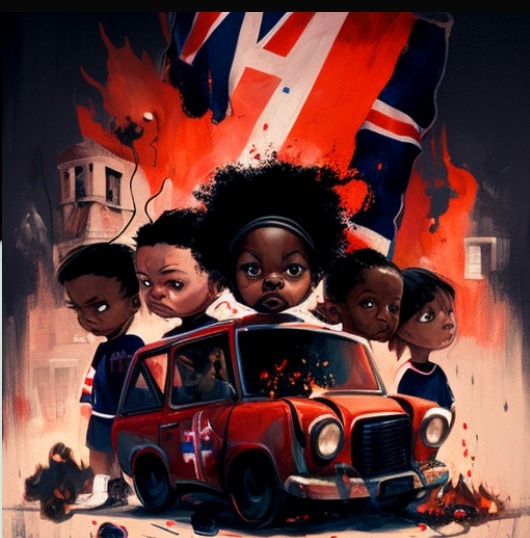State of Black Britain Report:
BY BEO | 26/09/2022
Discrimination still prevalent
New comprehensive research brings to life the lived experience of Black people in the UK and the racism that they still experience – as well as their resilience
26th Sept 2022, London, UK: Black people in Britain face considerable discrimination, particularly in public services, due to their ethnicity but remain resilient despite the effects of systemic racism.
This rare extensive research is the biggest ever opinion poll of Black people speaking about their experiences living in Britain and was commissioned by the Black Equity Organisation, the national civil rights organisation launched earlier this year to tackle systemic racism in the UK.
The figures in the report are a timely reminder of the lived experiences of Black people in Britain and shine a light on the issues people from those communities continue to have to navigate in their everyday lives.
The research, conducted by market researchers Survation reveals:
- 65% of Black people said they had been discriminated against by healthcare professionals because of their ethnicity
- Over 60% said they had been passed over for promotion or employment due to their ethnicity
- 59% said they or someone close to them had experienced stop and search or wrongful arrest
- 42% said they or someone close to them had experienced stop and search more than once
- 50% of parents with children under 18 said their children do not see themselves represented in either the teaching workforce or curriculum materials uses
Worryingly, around 60% of Black respondents said they did not see the change needed to address these experiences coming from the institutions, or those responsible for the institutions, that had discriminated against them: Only 41% of respondents said that local government would have a lasting difference, 40% said central government and shockingly, 32% said the police could have such an impact.
This is further proven by only 35% saying that police could provide support when having been discriminated against – 23% said local government could support and just 13% said central government could support.
Despite these experiences, 55% of Black respondents were confident of their and their family’s future in Britain and 69% were confident they’d be able to fulfill their potential living in the UK.
Dame Vivian Hunt, BEO’s Chair of Trustees, said: “The key to change is identifying and recognising the reality of Black communities across the country. This research and our other report, ‘Brick Wall after Brick Wall,’ provides a clear picture of what Black communities experience daily and will help shape our work and campaigns moving forward.”
“We will work in partnership with communities, businesses, grassroots organisations and allies to deliver systemic change that will ensure that these experiences become a thing of the past.”
The research also highlights differences in optimism and experience within the Black community and that marginalised communities such as Black LGBTQIA+ people or older generations are less confident. For example, only 42% of Black 55+ year olds and Black LGBTQIA+ of all ages were confident of their and their family’s future whereas 70% of Black Africans of all ages were confident.
The research also asked participants on their views of different anti-racism initiatives such as England footballers taking the knee and the Black Lives Matter – 70% of Black respondents said that footballers taking the knee raised awareness of racism and 64% said Black Lives Matter had made a positive difference to tackling racism in the UK.
The full research, which can be downloaded here, also highlights the views of the wider British population towards racism.

